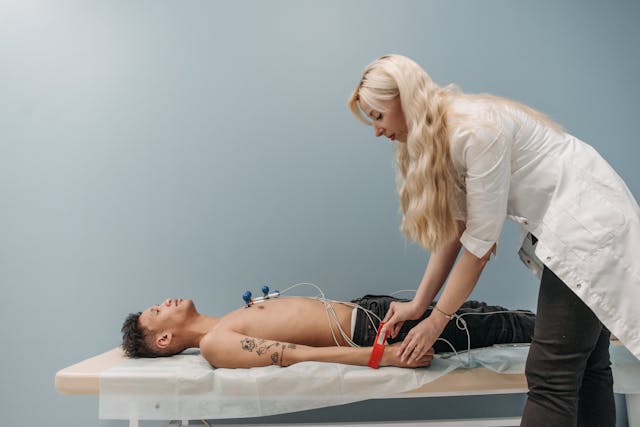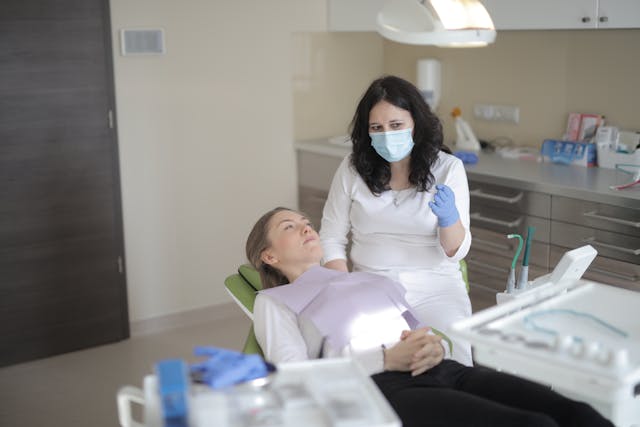
Professional medical Nursing Assistant
A Nursing Assistant course is designed to equip students with the skills and knowledge required to support nurses and other healthcare professionals in providing care to patients. This course typically spans one year and includes both theoretical and practical training.
- Educational Qualification: Completion of 12th grade (10+2) in any stream from a recognized board.
- Age Requirement: Minimum age of 17 years.
- Health Criteria: Must be medically fit.
- Other Requirements: Some institutions may require a background check and immunizations.
- Other Requirements: Some institutions may require a background check and immunizations.
- The Nursing Assistant course is divided into theoretical and practical components to ensure comprehensive training.
- Overview of the healthcare system
- Role and responsibilities of a nursing assistant
- Understanding healthcare settings (hospitals, clinics, nursing homes)
- Understanding vital signs (temperature, pulse, respiration, blood pressure)
Patient Care Skills
This detailed breakdown provides a comprehensive overview of the Nursing Assistant course for 12th pass students. It covers eligibility, course structure, evaluation, certification, and career opportunities.
- Hands-on training in hospitals and clinics
- Supervised practice of nursing skills
- Real-world experience in patient care


Career Opportunities
Graduates of the Nursing Assistant course can pursue various roles in the healthcare sector, such as:
- Nursing Assistant/Aide in hospitals, clinics, and nursing homes
- Home Health Aide
- Patient Care Assistant
- Geriatric Care Assistant
- Pediatric Care Assistant
Key Benefits of the Course
Quick entry into the healthcare profession High demand for skilled nursing assistants Opportunities for further education and career advancement Rewarding career with the potential to make a significant impact on patient lives
Practical Training and Clinical Rotations
Hands-on training in hospitals and clinics Supervised practice of nursing skills Real-world experience in patient care
Communication and Interpersonal Skills
Effective communication with patients, families, and healthcare team Patient confidentiality and ethical considerations Documentation and reporting
Infection Control and Hygiene
Principles of infection control Hand hygiene and use of personal protective equipment (PPE) Sterilization and disinfection techniques